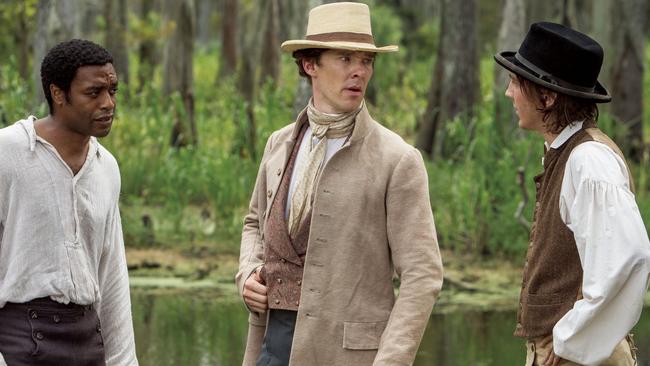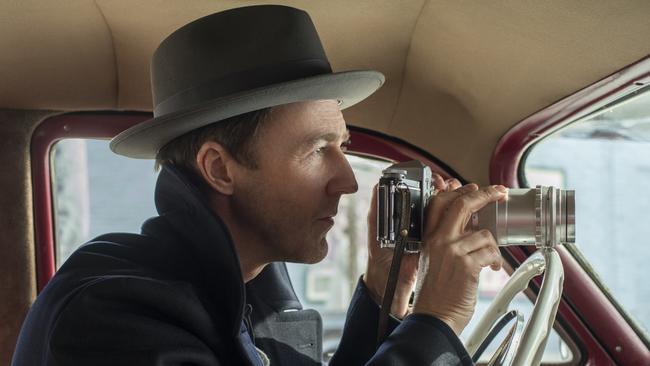Oscar-nominated actors caught up in slave claims from the past
Benedict Cumberbatch and Edward Norton are both involved in claims that each of their families profited from the slave trade.

Almost two centuries since the slave trade was outlawed, two Academy Award-nominated actors have been confronted with claims their ancestors were active in the business that abducted Africans and sold them to plantation owners in the Americas as slaves.
Benedict Cumberbatch and Edward Norton have both been linked to the inhuman trade in which an estimated 12 million Africans were captured and sold to work on farms, sugar and cotton plantations, and even in gold mining, in Brazil, the American south, the West Indies and Barbados.
Cumberbatch, who has twice been up for an Oscar, has long-known his ancestors accumulated great wealth by using slaves to work their sugar plantations on Barbados. He raised it when playing the role of a slave owner in the 2013 film 12 Years a Slave. He had previously played British prime minister William Pitt, a slave trade abolitionist, in the film Amazing Grace. It was reported last week that the government of Barbados would seek compensation from Cumberbatch and his family.

Norton, who has had three Oscar nominations, was surprised recently on the US television show Finding Your Roots when he was shown a photograph of a family of seven, including five young girls – the youngest aged four – and told his ancestor had “owned” them.
He told the show’s host: “These things are uncomfortable, and you should be uncomfortable with them. Everybody should be uncomfortable with it.
“It’s not a judgment on your (sic) and your own life, but it’s a judgment on the history of this country. It needs to be acknowledged first and foremost, and then it needs to be contended with.”
In the late 18th century, Cumberbatch’s seventh-great grandfather, Abraham Carleton Cumberbatch, purchased land on Barbados for a sugar plantation and later bought slaves to work it. Sugar was in great demand in Europe and the economics of the estates operating on free labour were irresistible.
Generations of the Cumberbatch family operated the plantations until the trade was outlawed, at which point the British government paid compensation to slave owners for the loss of their “assets”.
It was reported this week the Barbados government was seeking the equivalent of this payment made to another of the actor’s ancestors, Abraham Parry Cumberbatch. Records show that this was to the amount of 5388 pounds, 10 shillings and twopence, estimated to be worth $1.233m today.
Slaves were big business back then, and on Barbados – less than half size of Tasmania’s King Island – there were 60,000 by the mid-19th century. The analysis of the teeth of slaves recovered from burial sites on the island indicate they lived to about 30 years, very often less, and that they suffered periods of malnutrition.
Cumberbatch has been reported as saying his mother encouraged him not to use the family surname because of its links to slavery and fear of repercussions. His father used the stage name Timothy Carlton (Carleton and Carlton were among the names of his Barbados forebears).
In 2014, lawyer Stacey Cumberbatch – a senior staffer for then New York mayor Bill de Blasio and who traces her heritage to Barbados – claimed that her family had been owned by the actor’s ancestor. Slaves were sometimes given their owner’s surname, while others bore children to their white masters.






To join the conversation, please log in. Don't have an account? Register
Join the conversation, you are commenting as Logout